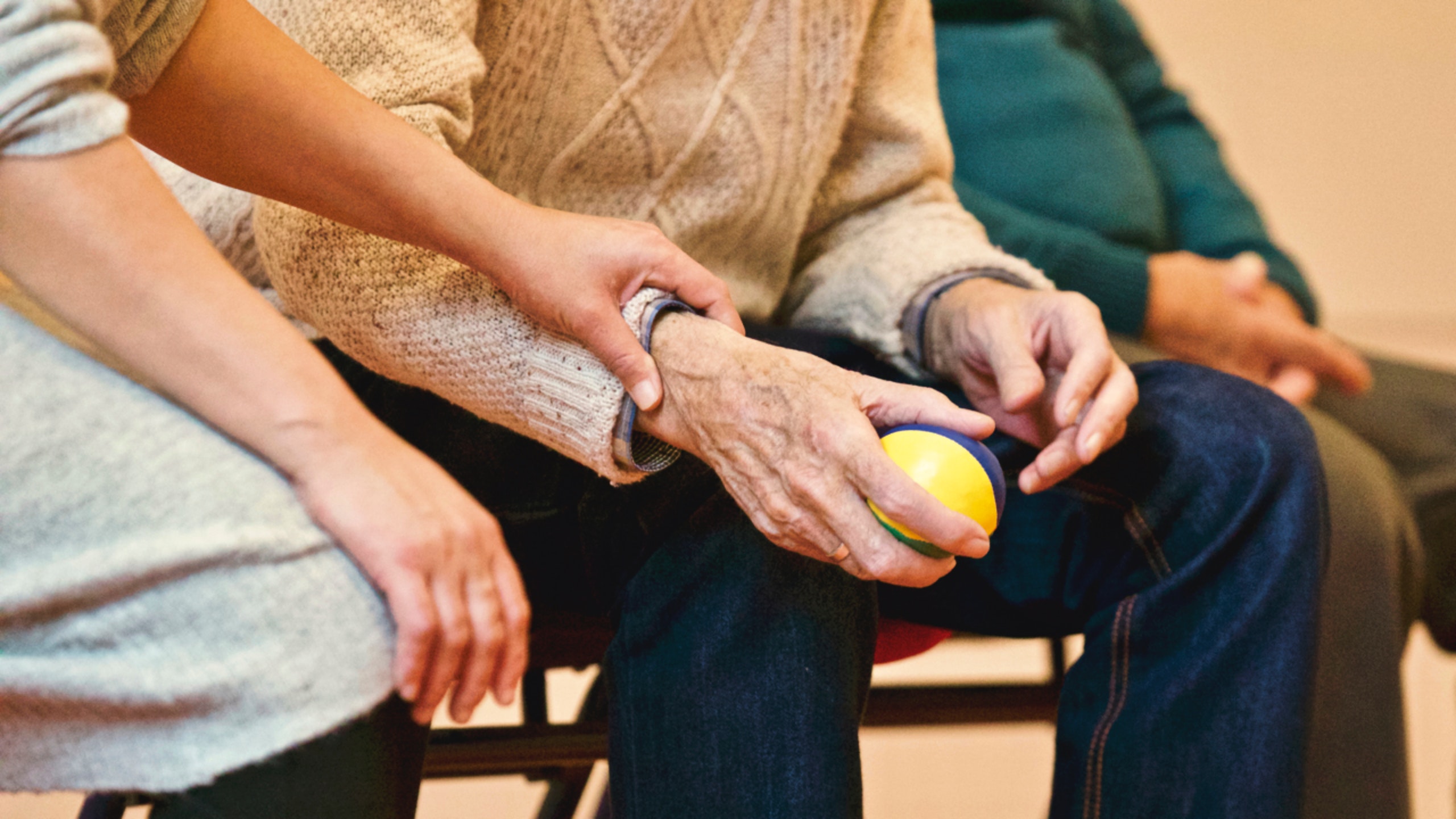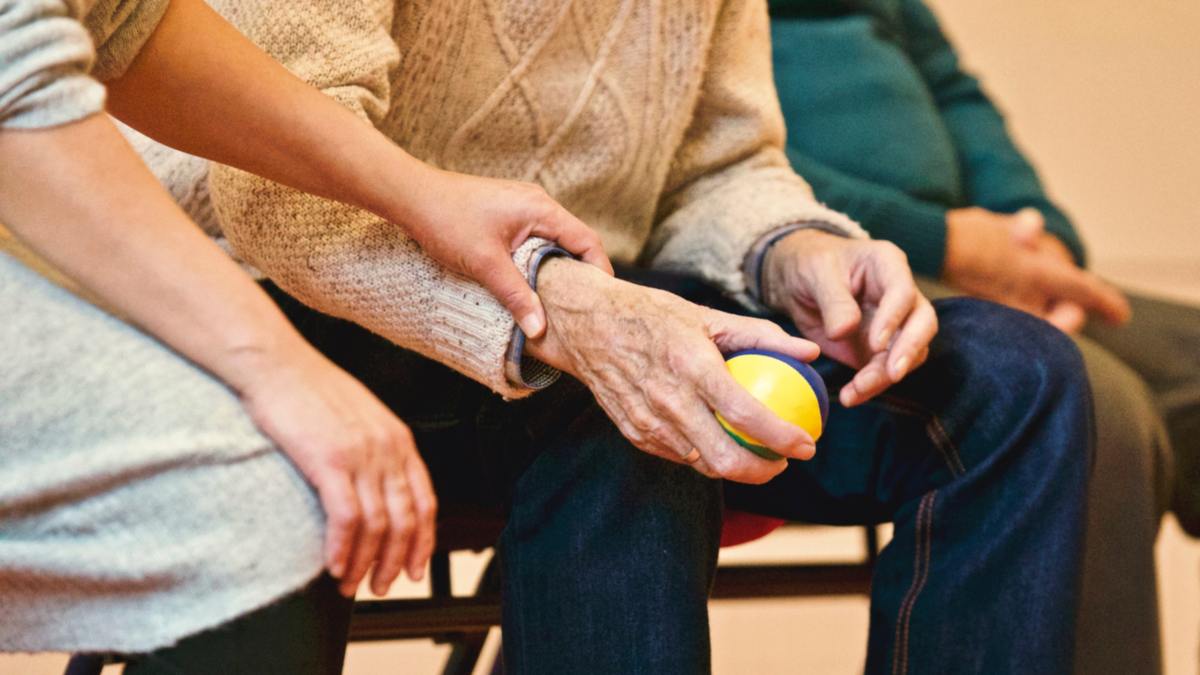Forget Scaremongering, It’s Time for CARE-mongering
Thanks, Canada


While there is a lot to be frightened about, worried over and depressed by in the time of coronavirus, we must, as Mister Rogers told us to, look for the helpers. And despite the fear and panic out there, there are a lot of helpers. One place we can find them is on social media and in the growth of groups dedicated to “caremongering.”
The term caremongering started in Facebook groups created in Canada. Of course, a nation known for politeness would be on this sort of trend. The first group was founded Mita Hans with help from Valentina Harper. Harper explained the name to the BBC: “Scaremongering is a big problem,” she tells the BBC. “We wanted to switch that around and get people to connect on a positive level, to connect with each other.”
The idea is simple. Caremongering groups are formed on Facebook. They are hyper-local and are places for people in cities or neighborhoods to seek or offer help to their fellow humans in this time of crisis. For instance, a post on a local group like one I saw might say “we run an AirBnB that’s closed for the moment, we have toilet paper to give.”
The groups have exploded in just a few days as more and more communities seek to organize and help where they can. “It’s spread the opposite of panic in people, brought out community and camaraderie, and allowed us to tackle the needs of those who are at-risk all the time – now more than ever,” said Harper.
Is there a caremongering group in your community? Check on Facebook and join on in. And if there’s not, start one! Make sure that you have things organized – use tags like “#iso” for “in search of” and “offer,” or remind people how to use the search function. Or if you have help to offer, just do some personal caremongering on your own Facebook feed and offer to go to the store for an elderly friend or family that don’t feel safe doing that right now.
Groups like these aren’t just about the help they can offer to others, they’re about the hope they offer to everyone. Sometimes social media can make us feel the opposite of social, especially when everyone is angry and panicking. But we sometimes forget that we’re really lucky to have to tool at our disposal. We might be physically isolated from a lot of people, but we can still interact with others, and most importantly, we can help.
Help can mean so many things: it can be supplies, or it can be an offer to do some yard work. It can be a home-cooked meal or it can be a digital movie-watching party. Kindness can be as simple as just reaching out to someone who’s lonely and scared.
This is a national crisis, complete with statewide actions and national panic. That means we’re all scared, but we’re all in this together. So, once more, here’s Mister Rogers, because it’s really important right around now.
We’re looking for the helpers, and social media is giving us an amazing way to do that. But we don’t just have to look for them, we can be them so easily. Because helping others and showing kindness restore hope for all of us.
We may not be able to control this virus or how our country or community react, but we can control ourselves and whether we decide to hunker down and despair, or be a help and do a little caremongering. We can, to change another quote, be the hope we want to see in the world.
(Via: BBC News. Image: Matthias Zomer from Pexels)
Want more stories like this? Become a subscriber and support the site!
—The Mary Sue has a strict comment policy that forbids, but is not limited to, personal insults toward anyone, hate speech, and trolling.—
Have a tip we should know? [email protected]
